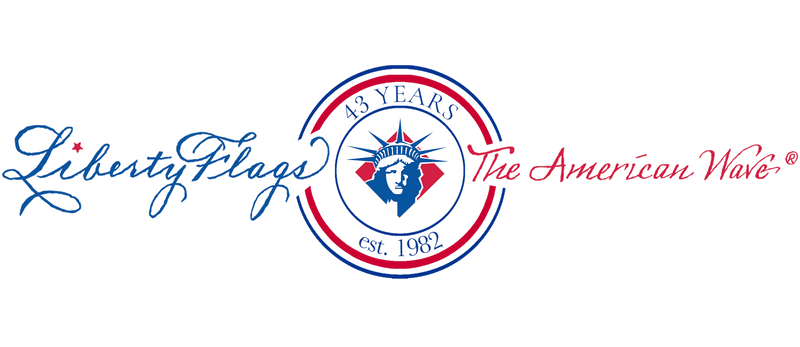
Nestled in the heart of Atlanta, Georgia, the Jimmy Carter Presidential Library and Museum is a tribute to the life, legacy, and ongoing humanitarian contributions of the 39th President of the United States, Jimmy Carter.
Officially dedicated on October 1, 1986, the library and museum are a haven for learning: carrying forward Carter’s vision for a peaceful, just, and sustainable world.
Carter's Presidential Legacy
The Jimmy Carter Presidential Library and Museum is part of the National Archives and Records Administration (NARA) Presidential Library system. It houses a treasure trove of documents, photographs, and artifacts from Carter's life and presidency (1977–1981) — a valuable resource for historians, researchers, and the public.
The archives include over 27 million pages of official records and personal papers, 500,000 photographs, and 40,000 objects, providing a comprehensive insight into Carter’s political career, humanitarian efforts, and personal journey. Key collections include documents from the Camp David Accords, Carter’s focus on environmental policies, and his pioneering work on human rights.

The Museum Experience
The museum exhibits transport visitors into pivotal moments of the Carter presidency. Some highlights include:
- Camp David Accords Exhibit: A detailed account of the historic peace agreement between Egypt and Israel, showcasing Carter’s role as a negotiator.
- Human Rights Focus: Displays emphasizing Carter’s commitment to promoting democracy and human dignity worldwide.
- Life in Plains, Georgia: Exhibits on Carter’s roots, capturing his journey from a peanut farmer to a global leader.
- Interactive Displays: Multimedia installations bring history to life, allowing visitors to engage with Carter’s policy decisions and global initiatives.
The museum also features Carter's Nobel Peace Prize, awarded in 2002 for his efforts in advancing peace, democracy, and social justice. Temporary exhibits and special events often complement the permanent displays, keeping the museum dynamic and engaging.
Grounds for Peaceful Sustainability
The 35-acre grounds surrounding the library and museum are a serene oasis, particularly when contrasted with the bustling city of Atlanta. Landscaped gardens, walking paths, and a tranquil pond provide space for reflection.
The site also connects to the Freedom Park Trail, a greenway trail that connects neighborhoods throughout Atlanta. This is a subtle reminder of Carter’s view that environmental stewardship is vital and that communities ought to be connected with nature.

Educational and Civic Engagement
The Carter Library hosts a range of educational programs, including lectures, book signings, and workshops. These events often feature renowned speakers and foster dialogue on global issues; in part to find solutions to contemporary challenges, and in part to reinforce Carter's enduring influence on problem solving through innovation and compromise.
Finally, the facility serves as a meeting place for organizations and scholars working on projects aligned with the mission adopted by the Carter Center. The adjoining Carter Center, a separate nonprofit founded by Jimmy and Rosalynn Carter, amplifies these efforts by addressing issues such as disease eradication, conflict resolution, and election monitoring worldwide.

Was this information useful to you?
Do you have suggestions for information you'd like to see here? If so, please send them our way!
Please send all of your suggestions or questions to service@LibertyFlags.com. We want to hear from you!
Have a great day, from your friends at LIBERTY FLAGS, The American Wave®.

